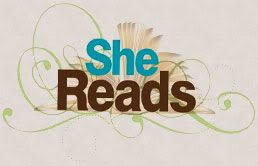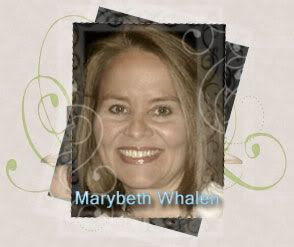 Time for a giveaway! I'll put your name in the hat for Seeing Things if you've commented on any of the Novel Matters posts this week. We love hearing your erudite voices.
Time for a giveaway! I'll put your name in the hat for Seeing Things if you've commented on any of the Novel Matters posts this week. We love hearing your erudite voices.If you missed Wednesday's post by Latayne (brilliant!) and the comments by our readers (also brilliant!), take a minute to enjoy a very thought-provoking discussion on the parameters we either self-impose or are imposed on writers by publishing houses or the market.
Believe it or not, this discussion has been going on for quite a while. Prior to 1964, the year of her death, Flannery O'Connor wrote an essay on the aim and purpose of fiction. The essay was included in a collection of her work posthumously, Mystery and Manners. She wrote:
Ever since there have been such things as novels, the world has been flooded with bad fiction for which the religious impulse has been responsible. The sorry religious novel comes about when the writer supposes that because of his belief, he is somehow dispensed from the obligation to penetrate concrete reality. He will think that the eyes of the Church or of the Bible or of his particular theology have already done the seeing for him, and that his business is to rearrange this essential vision into satisfying patterns, getting himself as little dirty as possible.
Flannery O'Connor, Mystery and Manners
You have to love Flannery O'Connor. She calls out writers who shirk their responsibility to know the world they live in. I love her chutzpah.
I have to ask this question: How do we get "dirty" and honor God at the same time? (Notice I didn't ask how to please every reader at the same time.)
We look to Jesus.
No one saw the world more concretely than Jesus. A whore washed his feet with her tears. He not only made wine, he drank it. He touched leprous skin. He invited himself to a tax collector's house for lunch. And, I'm thinking, he heard naughty words there. Caked with blood, spittle, sweat, and dirt he took the nails for us. Gruesome. Violent. Definitely off-putting. That's crucifixion, the purest act of love.
To follow in the steps of Jesus, to write in a God-honoring, "dirty" way, we must see the world--as best we can--as Jesus sees it, with empathy, detail, and love. And so it is for the Christian writer to observe and portray the beauty and brutality and pain and suffering and redemption all through the eyes of love.
There will always be someone imposing rules. It's our nature. It's much easier to operate with rock-solid parameters. I believe our calling is higher. Our writing--and everything else in our lives--is a product of our relationship with Jesus--subject matter, theme, genre, word usage, voice. Every element is fruit of the faith with put in Jesus, the manner in which we allow ourselves to be loved and love so shallowly in return. Before art and through art, we love Jesus.
It takes a great deal of courage and a solid foundation of faith to look at the world as concretely as O'Connor suggests and as Jesus modeled. I pray for that courage and faith daily.
Can the kind of fiction O'Connor is advocating happen in today's CBA market? Who is getting "dirty" writing fiction for the CBA today and doing so artfully? How have you gotten "dirty" in your fiction? Is Flannery O'Connor, well, wrong?






















